Hurricane Fiona made landfall on the main island of Puerto Rico on September 18, 2022. Fiona’s wake of devastation wiped out power—which is still out for thousands of Puerto Ricans—left towns submerged under floodwater, and triggered hundreds of landslide events across the mountainous regions of the islands. Puerto Rico’s location on an active plate boundary, its deforestation, and the increase in severe weather events creates perfect conditions for landslides. These violent geological events occur in steep terrain when down-slope forces exceed the strength of the supporting earth material. When it rains, the water that doesn’t immediately run off seeps into the soil and increases its weight. That added weight can cause unstable slopes to give way. This releases destructive slides of rock and debris that can damage infrastructure and take lives.
Fiona was a record-breaking deluge. The National Oceanic and Atmospheric Administration (NOAA) Weather Prediction Center estimated that the average island-wide rainfall from Fiona was just under 16 inches. It is accepted by climate scientists that global warming is increasing the intensity of hurricanes. Rising temperatures increase ocean evaporation and raise the levels of atmospheric moisture. More moisture means more rain that hurricanes can hold and release. It is likely that storms with high rainfall, like Fiona, will become more common in the future as global warming accelerates.
An active fault zone increases landslide risk
Puerto Rico, birthed from an ancient volcano millions of years ago, sits above the North American plate as it slides along and beneath the Caribbean Plate. It is no surprise that this region is a hotspot for earthquakes. In 2020 a magnitude 6.4 earthquake shook the islands, destabilizing slopes and priming mountainous regions for landslide events. Numerous smaller quakes have happened since then. NOAA estimates that small earthquakes (magnitude 1.5 or lower) could be occurring daily along this fault zone. Marin Clark, professor, and chair of the Department of Earth and Environmental Sciences at the University of Michigan, stated in a recent article: “We know from other regions in the world that earthquakes destabilize slopes for a period of many years, making steep hillsides more susceptible to landsliding during strong storms than they would be otherwise. Therefore, heavy rains from Fiona may do more damage than they would have done if the earthquake sequence had not recently occurred.”
The landslide data from Hurricane Fiona is still in its early days. We won’t know the total number of landslides or the extent of their damage for some time. However, posts on social media show that there were several severe landslides across the islands following the storm.
Resiliency
Even in the devastating aftermath of Fiona, resiliency, and hope are not hard to find. Organizations like Para la Naturaleza have been taking grassroots action for over 40 years. They strive to preserve and protect the ecologies of Puerto Rico. With a shared vision of ensuring a sustainable future for all Puerto Ricans, they are leaders in reforestation, agroecology (a form of agriculture that works with nature, rather than against it), and conservation. With a goal of planting 100,000 trees per year around the islands, Para la Naturaleza is fighting back against climate change and environmental degradation. Reforested landscapes can prevent landslide events as roots and undergrowth provide stability to sloped areas. Post-hurricane Fiona, they have focused their efforts on providing aid to affected communities.

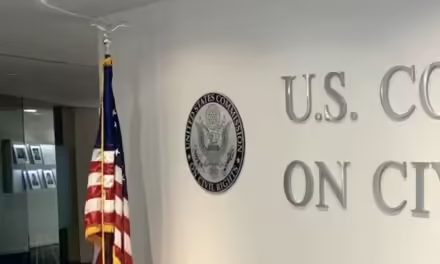
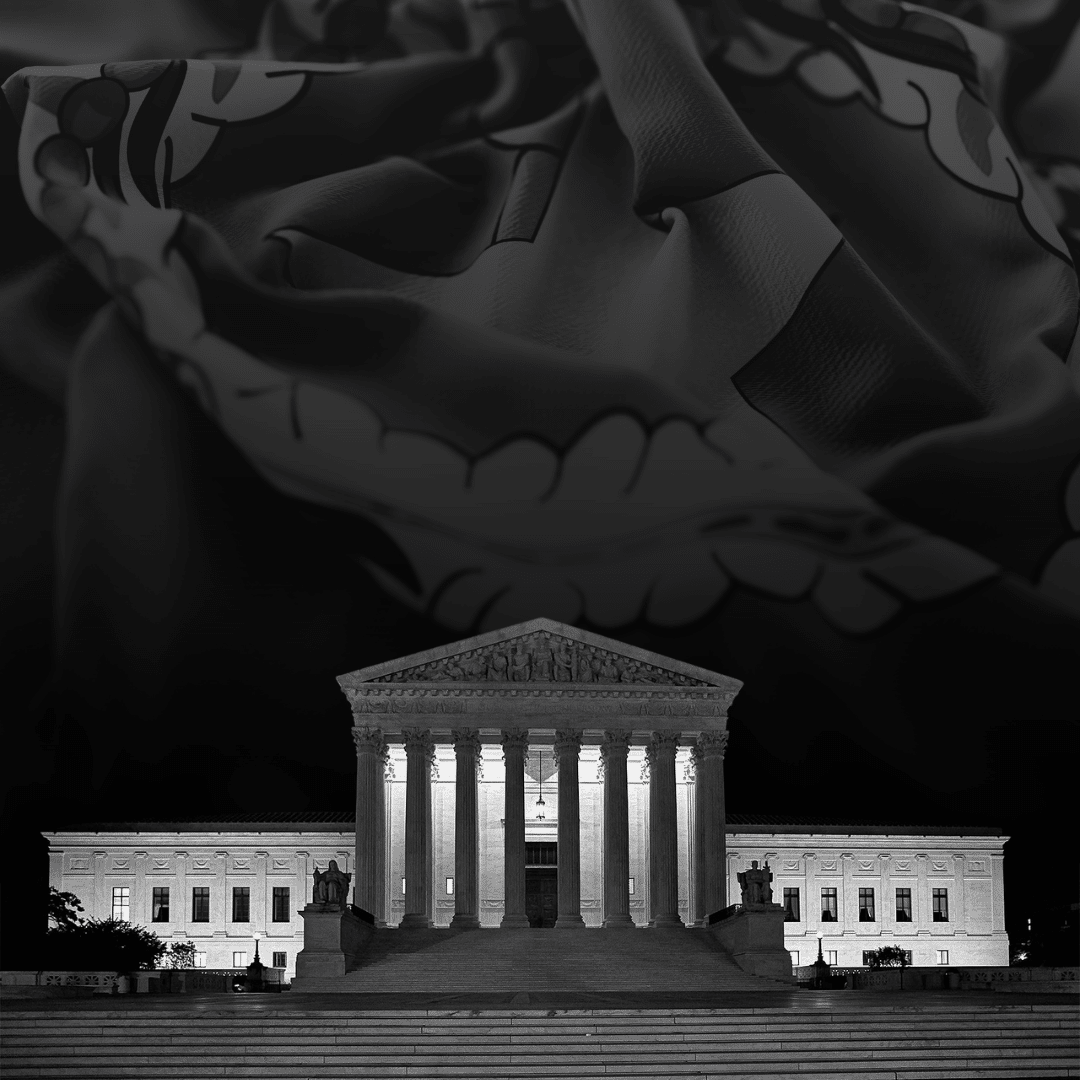
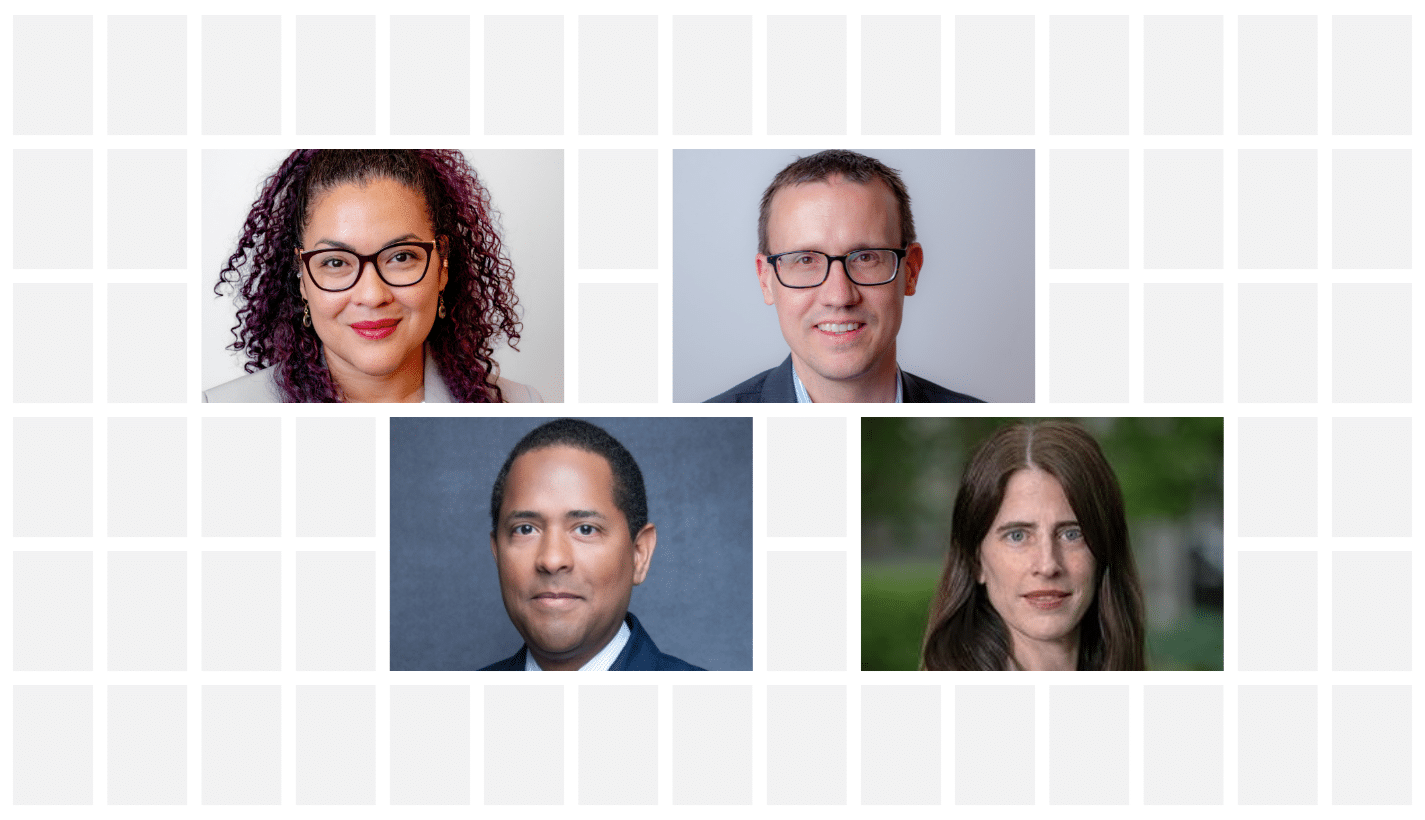
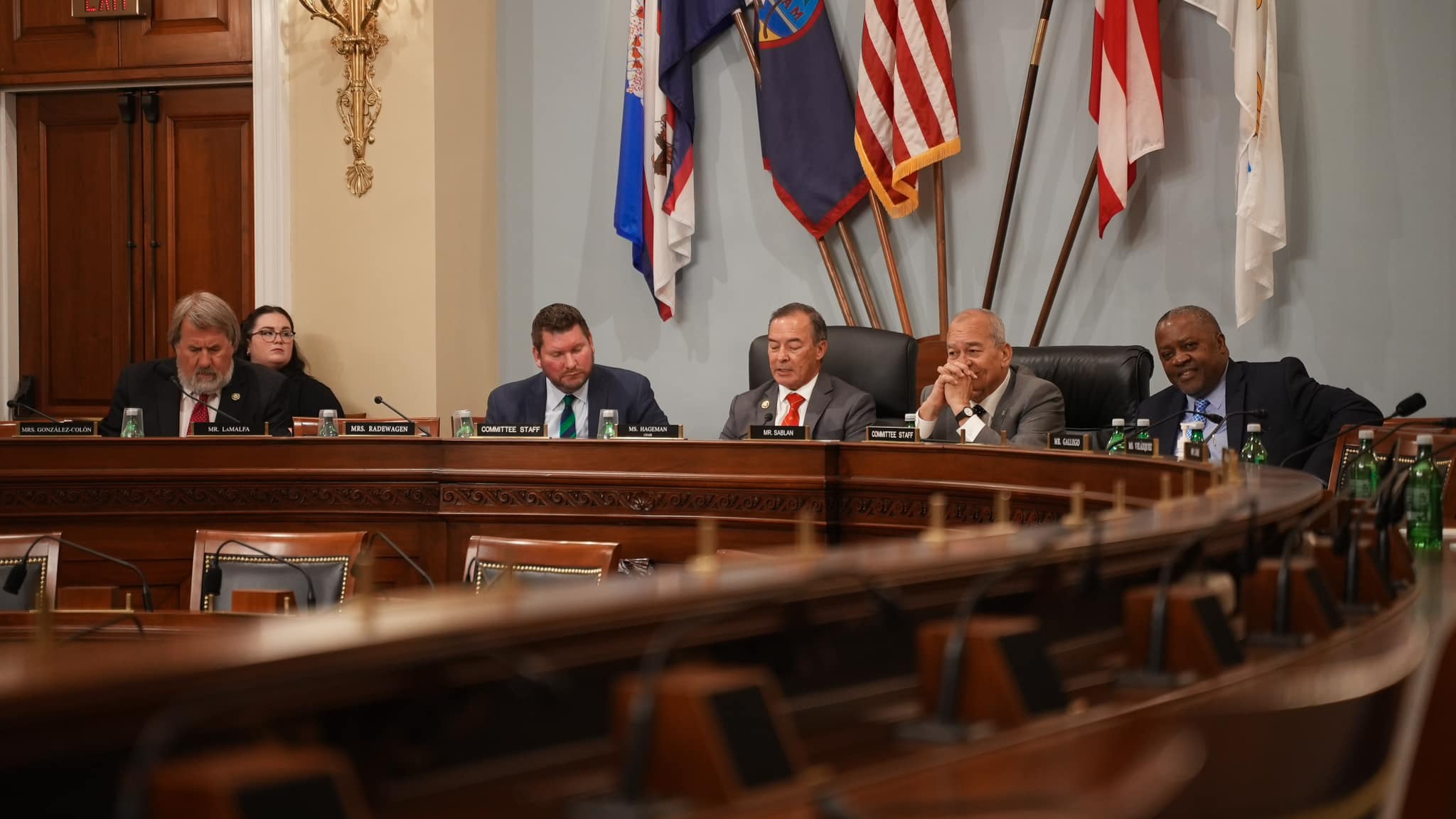
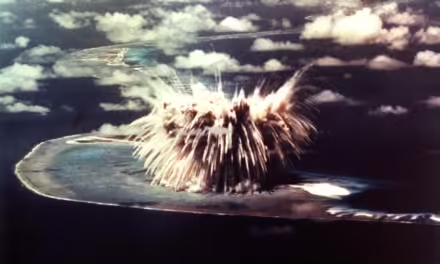
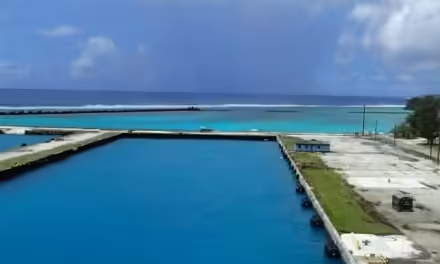
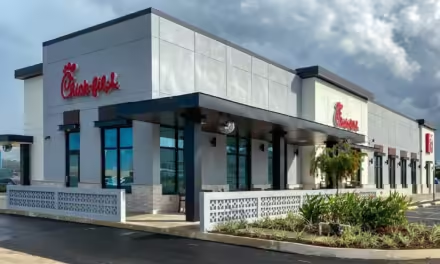

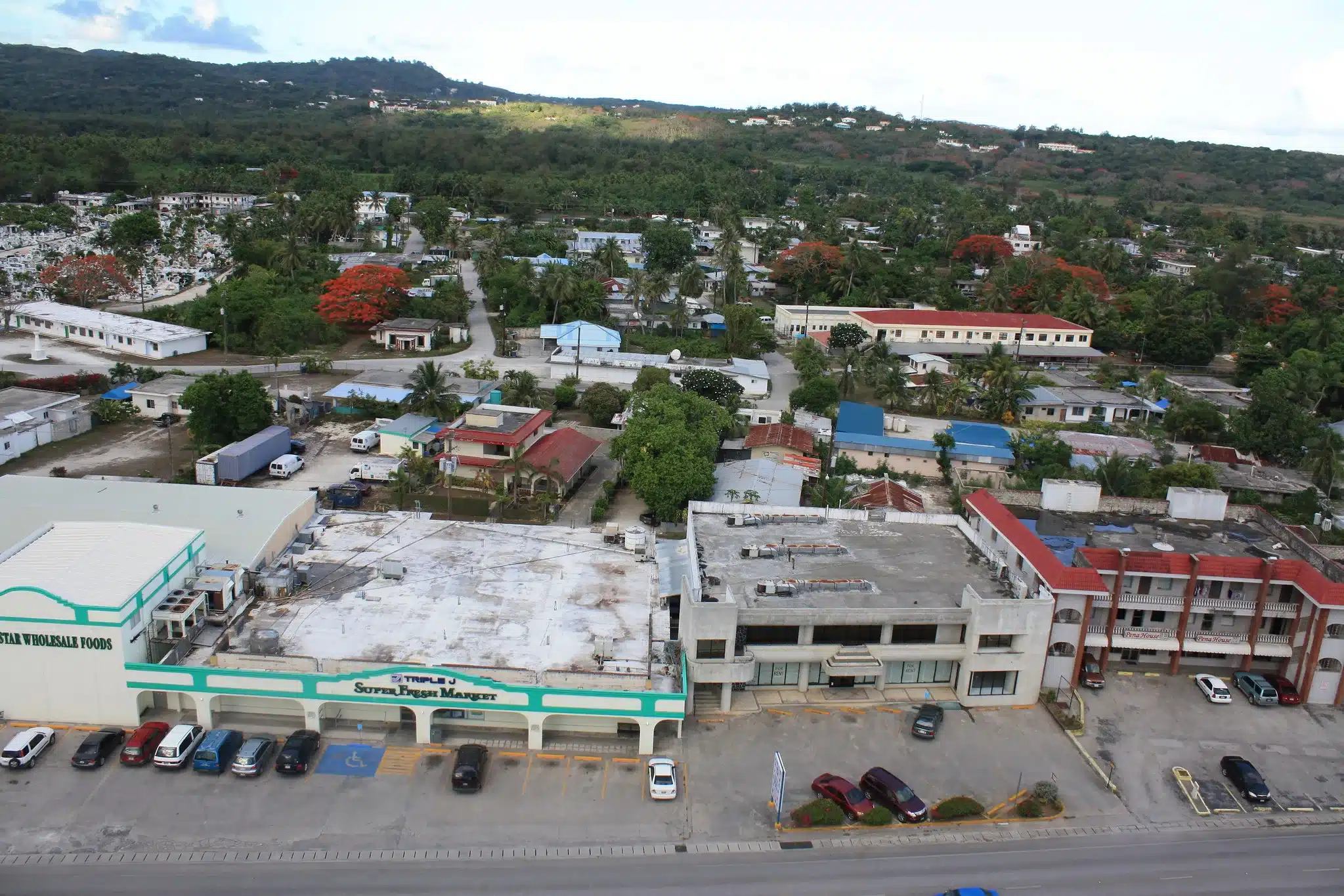

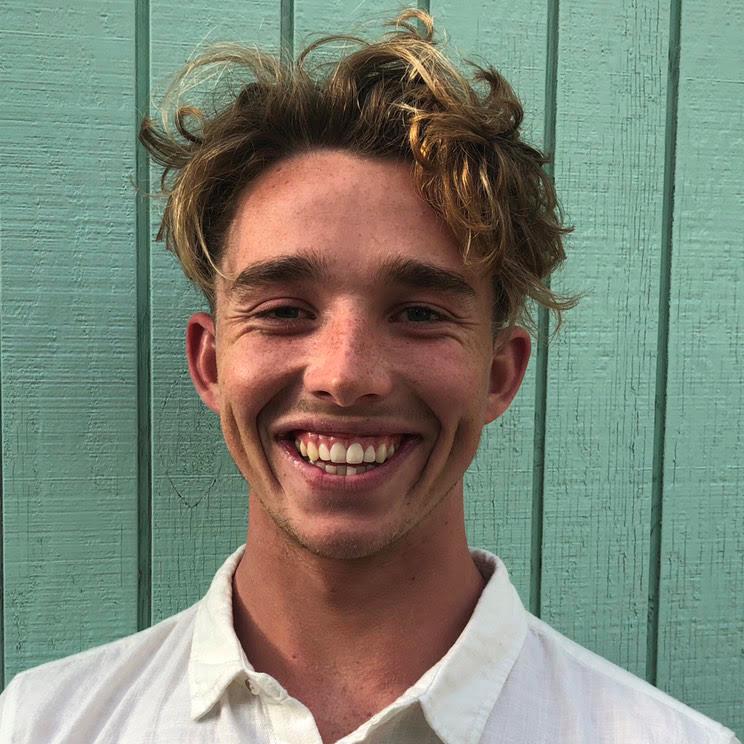
0 Comments